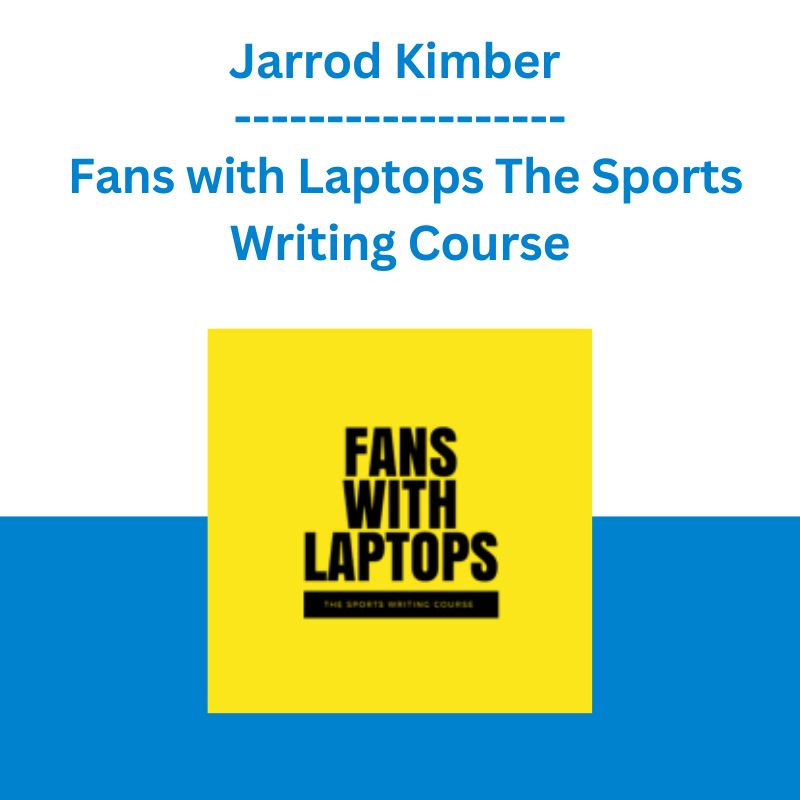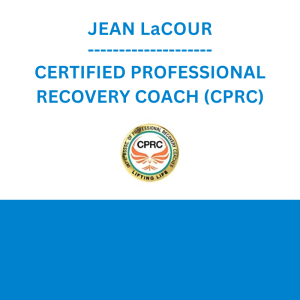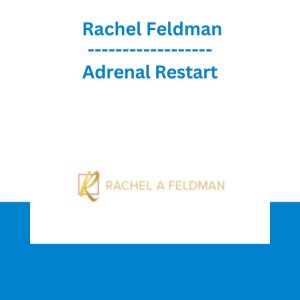*** Proof of Product ***

Exploring the Essential Features of “Jarrod Kimber – Fans with Laptops The Sports Writing Course”
This is a course on how to write about sport.
I never finished high school or any higher learning. I’d never worked for a newspaper or been a journalist at all outside of some short documentary films no one watched. I had no contacts within the sport I was writing about. By that I mean, I didn’t know any players, coaches or writers. I just started by writing. Over 99% of the first three million words I wrote on cricket went unpaid. Eventually I wrote my way into a weird job – global writer – at one of the world’s biggest sports websites, ESPNcricinfo.
I wrote like no one else because I didn’t know how you were supposed to write about sports. I wrote about things that I cared about because I didn’t understand news cycles. And I wrote with a piece of me in each article, because no one was around to tell me not to. This all means that I have built a career on writing about sport that isn’t like the jobs of others.
This course is me reverse-engineering my writing.
The course is part theory and part practical. There are over two hours of lectures, but there are also many checklists and tips to show you how to think, plan, and write, and also a practical component where you have to mesh my teachings with who you are.
I have tried to make it as practical as possible so that if you find yourself in a press box the next day or writing a feature from your living room, you could take what you’re learning and apply it.
This is not a course on how to get into the industry; most of those are a bit scammy and I don’t want you to think you can take my course and suddenly become the Times chief sports writer. This course is aimed at taking who you are as a fan, and showing you how to use it to become a sports writer.
The areas covered:
Who you are as a writer
How to think about athletes and teams
What kind of articles you can write
How to find sport stories
The tools of modern sports writing
A guide to interviewing
A start to finish guide on long-form writing
Data and writing
And Giant Lizard Theory
It doesn’t matter to me if you went to Oxbridge, now work at the Guardian covering Premier League, or are an uneducated 57-year-old plumber who has always wanted to write her thoughts on trends in Handball; this course is for anyone who wants to write better about sport.
While I am mostly a cricket writer, the things I have learnt can be used in any sport, and in truth, probably outside sport too.
My work has won awards, I helped present a Guardian masterclass, written for huge and tiny publications, in print and online, and I love trying new mediums and ways of presenting my work. I am a working writer, learning every day, striving to get better, and using my work, my failure, as a way of helping you.
With the birth of the internet and cable TV, sports writing has never been better. I want each and every one of you to write something as good as you can write. It doesn’t matter if you don’t all become David Remnick, but it does matter to me that you get that rush when you finish a story that you’re so passionate about on the page.
Let us write.
Your Instructor
Jarrod Kimber
I was a high school drop out, I tried two higher learning courses, one I quit, and the other I never passed. And at 26 I quit my comfortable job working for Qantas to try and make it as a film maker.
So at the age of 27 I was parking cars for a living and doing some film work in Melbourne. Oh, and that year I started a cricket blog called cricket with balls.
Since I have published five books, made an award-winning documentary, had a couple of radio shows, commentated cricket for ABC, BBC, and talkSPORT.
The main part of my work was with ESPN as cricinfo’s global cricket writer for a decade. But I have also worked for the Independent, Wisden, the Ringer, Dawn, Sports Illustrated, the Guardian and many others.
My career currently is a weird mix of running my own multi-media network (Substack, Podcasts and YouTube), an analyst for teams, training aspiring writers, consulting on cricket broadcasts, commentating, and freelance writing.
I have very few actual skills; luckily, writing and talking are two of them, and I’ve used them to make a career.
Course Curriculum
- First Section
Getting Started (4:38)
Why sport matters to you (2:49)
The players (6:14) - At the game
The pressbox (11:20)
Game day (7:57) - The story of sport
Sport is narrative (6:11)
Types of pieces (10:16)
Pieces to stories (0:40) - The Afghan Garfield
Afghan original (1:00)
Afghan Redux (2:08)
Afghan Garfield (1:54) - Searching for truth
News (3:41)
Data (3:28)
Interviews (7:32) - Breaking in
Specialisation (3:25)
Try different things (3:26)
Find your group (1:17)
Pitching (4:11)
Contacts (4:30)
Other media - How to find stories
Finding stories (5:19) - Features – planning
Read Greg Norman Piece (0:42)
Idea, mindmaps & research (6:02) - Features – writing
Actually Writing (4:28) - Features – editing
Editing (5:11)
First Lines (4:19)
Shooting the shark (1:30)
Structure (3:05)
Giant lizard theory (5:44) - The final 100 word
Final 100 words (1:35)
Please see the full list of alternative group-buy courses available here: https://lunacourse.com/shop/










 George Fontanills & Tom Gentile - Optionetics Wealth Without Worry Course
George Fontanills & Tom Gentile - Optionetics Wealth Without Worry Course  ESTHER INMAN - 90 Day VA 2021
ESTHER INMAN - 90 Day VA 2021  Akil Stokes & Jason Graystone - TierOneTrading - Trading Edge 2019
Akil Stokes & Jason Graystone - TierOneTrading - Trading Edge 2019  Simpler Trading - Bruce Marshall - The Options Defense Course
Simpler Trading - Bruce Marshall - The Options Defense Course  Matthew Kratter - Trader University
Matthew Kratter - Trader University  Erik Banks - Alternative Risk Transfer
Erik Banks - Alternative Risk Transfer  Dave Landry - Stock Selection Course
Dave Landry - Stock Selection Course  Sovereign Man Confidential - Renunciation Video
Sovereign Man Confidential - Renunciation Video  Alphashark - The AlphaShark SV-Scalper
Alphashark - The AlphaShark SV-Scalper  George Fontanills & Tom Gentile - Optionetics 6 DVD Series Home Study Course (Digital Download)
George Fontanills & Tom Gentile - Optionetics 6 DVD Series Home Study Course (Digital Download)  Money Miracle - George Angell - Use Other Peoples Money To Make You Rich
Money Miracle - George Angell - Use Other Peoples Money To Make You Rich  Atlas API Training - API 570 Exam Prep Training Course
Atlas API Training - API 570 Exam Prep Training Course  Trade Like Mike - The TLM Playbook 2022
Trade Like Mike - The TLM Playbook 2022  Matan Feldman - The 13-Week Cash Flow Modeling - Wall Street Prep
Matan Feldman - The 13-Week Cash Flow Modeling - Wall Street Prep  Greg Loehr - Advanced Option Trading With Broken Wing Butterflies
Greg Loehr - Advanced Option Trading With Broken Wing Butterflies  Julie Stoian & Cathy Olson - Launch Gorgeous - Funnel Gorgeous Bundle
Julie Stoian & Cathy Olson - Launch Gorgeous - Funnel Gorgeous Bundle  Team NFT Money - Ultimate NFT Playbook
Team NFT Money - Ultimate NFT Playbook  JEAN LaCOUR - CERTIFIED PROFESSIONAL RECOVERY COACH (CPRC)
JEAN LaCOUR - CERTIFIED PROFESSIONAL RECOVERY COACH (CPRC)  SMB - Options Training
SMB - Options Training  Shirley Hudson & Vic Noble - The London Close Trade Strategy
Shirley Hudson & Vic Noble - The London Close Trade Strategy  Ed Ponsi - Forex Trading
Ed Ponsi - Forex Trading  Chris Capre - Advanced Price Action Ongoing Training & Webinars
Chris Capre - Advanced Price Action Ongoing Training & Webinars  Alicia Streger - 2016 Edition 52 Weeks of Facebook Content
Alicia Streger - 2016 Edition 52 Weeks of Facebook Content  Fred Haug - Virtual Wholesaling Simplified
Fred Haug - Virtual Wholesaling Simplified  Mafia Trading – Mindset Trader Day Trading Course
Mafia Trading – Mindset Trader Day Trading Course  Heather Bowen - 30 Days of Praying for my Homeschool Prayer Challenge
Heather Bowen - 30 Days of Praying for my Homeschool Prayer Challenge  Vom Einsteiger zum Mastertrader 2.0 - Mehrwert Garantier
Vom Einsteiger zum Mastertrader 2.0 - Mehrwert Garantier  Adrenal Restart - Rachel Feldman
Adrenal Restart - Rachel Feldman